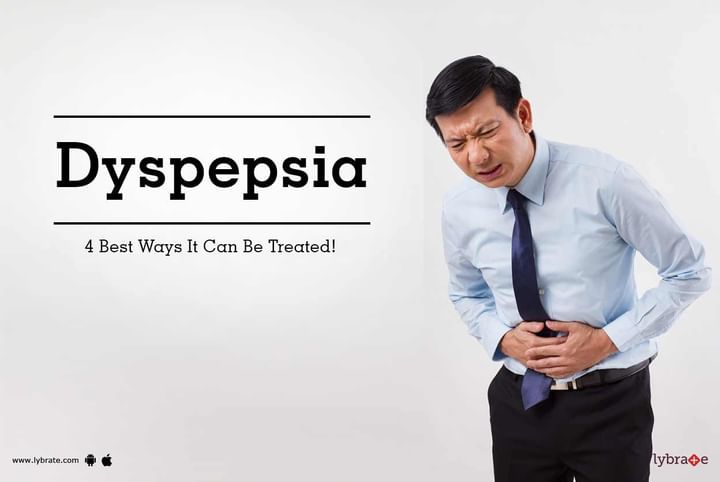Dyspepsia - 4 Best Ways It Can Be Treated!
From time to time each person tends to get dyspepsia which is basically a mild discomfort in the upper belly or abdomen. Dyspepsia which is also known as indigestion affects millions of people on a daily basis. It’s mostly caused by over eating, eating greedily or worse conditions such as stomach ulcer, irritable bowel syndrome or gastrointestinal disease.
Medically dyspepsia is defined as difficult digestion that is sometimes accompanied with symptoms such as vomiting, heartburn, nausea and bloating. A treatment plan for the patient is usually determined by what causes the indigestion. Below are some of the treatment options available to patients.
Antacids, h-2-receptor antagonists and ppls (proton pump inhibitors)
These three type of drugs all work to reduce the levels of acid in the stomach. Doctors tend to prescribe antacids as the first drug which are usually over the counter and require no prescription. In spite of antacids working fast, h-2-receptor antagonists tend to last longer. However, h-2-receptor antagonists tend to have side effects such as nausea and diarrhea. The other drug option is ppls which is very effective for patients with dyspepsia and also suffer from gastroesophageal reflux disease.
They are stronger than h-2-receptor antagonists.
- Prokinetics and antibiotics: This medication is usually prescribed to treat indigestion and works if the stomach empties slowly. Antibiotics on the other hand are used when indigestion is a result of peptic ulcers caused by Helicobacter pylori.
- Antidepressants: There are a lot of factorsthat cause dyspepsia. However, if the doctors cannot find any cause of a patient’s indigestion and no other drug has been effective, they tend to prescribe antidepressants. This medication is used to lessen the level of discomfort that comes with dyspepsia thereby reducing pain.
- Home remedies: There are a few studies on natural remedies that can help treat dyspepsia. One of the remedies is to use baking soda to neutralize the stomach acid. This remedy is said to be more effective than antacids. Then there is ginger which while not mentioned to be effective in treating indigestion, helps in relieving nausea and has no side effects. Also peppermint has an effect on how the gastrointestinal tract works and helps with irritable bowel syndrome. However, it does not have a large effect on dyspepsia.
- Diet and lifestyle changes: Indigestion is mostly caused by what we put into our bodies or eat and one way of treating it is by controlling our diet. This will especially work if you have mild symptoms that do not occur often. It’s advisable to consume foods that are low or reduced in fat content and to, avoid or limit alcohol, chocolates and caffeine. You should also get enough sleep.
A healthy lifestyle goes a long way in helping to relieve indigestion. In case you have a concern or query you can always consult an expert & get answers to your questions!



+1.svg)
